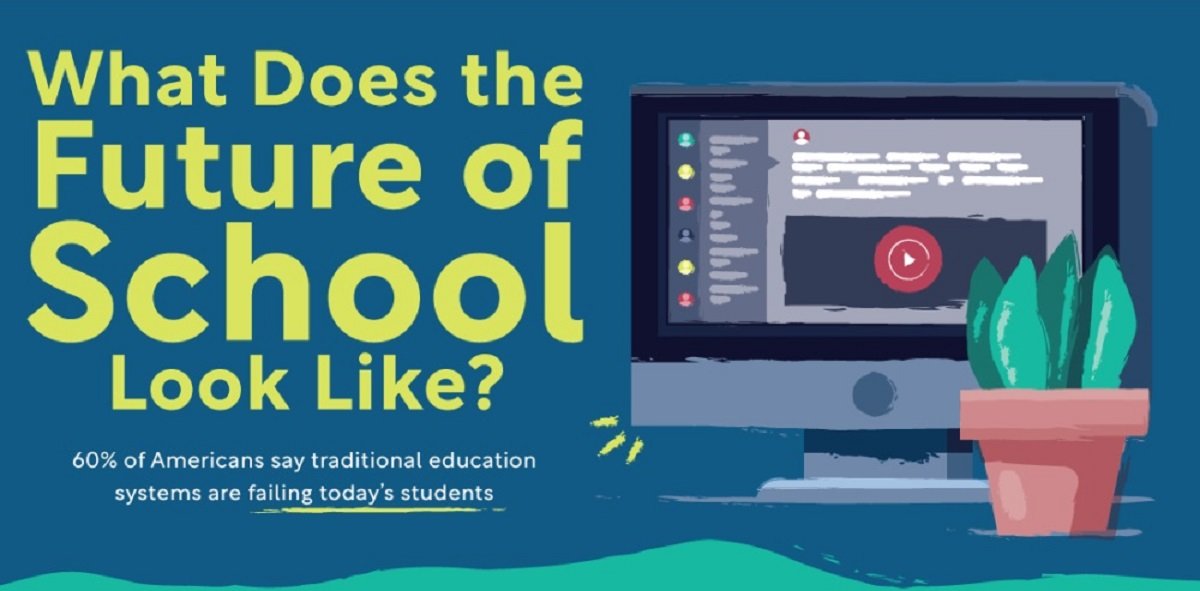Traditional education systems in America are failing today’s students. University freshmen retain only 40% of what they learn in college preparatory high school classes. More than 6 million students are chronically absent from the classroom every year. Perhaps most alarming, teenagers today are 5 times more likely to suffer from a mental illness than the teenagers of previous generations.
Q4 2021 hedge fund letters, conferences and more
Thee Benefits Of Virtual School
While the shift to virtual learning during the pandemic was abrupt and unplanned, it exposed millions of students and families to an avenue for education they may not have otherwise considered. 57% of students feel more positively about online schooling than they did prior to the pandemic. Families across the nation are considering making a permanent shift to online education. Professionally designed online schools offer flexible schedules, safer environments, and more family involvement in a student’s education. Online learning is time effective as well, taking between 40% and 60% less time than traditional schools to cover the same amount of information.
More than having a flexible schedule, online schools are capable of a more flexible curriculum as well. Due to its established nature, the traditional school values outdated ideals of standardization and conformity. Meanwhile in the jobs market, fast paced changes in technology are requiring workers to develop a new skill set. In 2022, the most in-demand job skills are analytical thinking, innovation, originality, and initiative. People who can learn, unlearn, and relearn will have the advantage.
In order to cultivate these skills in an educational setting, schools would need to embrace project based learning. Assigning projects puts students in charge of their own learning, allowing them to build critical thinking and engage creatively with the subject matter. A student led, project based curriculum leads to higher graduation rates, increased student engagement, and improved interaction between teachers and students.
Another place where online schools can take an innovative approach to learning is with grading. Right now, grades limit the learning happening in classrooms by creating unnecessary stress and competition. 80% of students believe their parents care more about their grades than their happiness. Many students are motivated to achieve certain grades, which distorts their incentive to learn. Students who approach a lesson knowing they will be graded retain less content, especially if they have a history of low achievement. As an alternative to letter or number grades, instructors could offer descriptive feedback on areas for improvement. Feedback motivates learning, not earning.
Infographic source: Sora Schools







